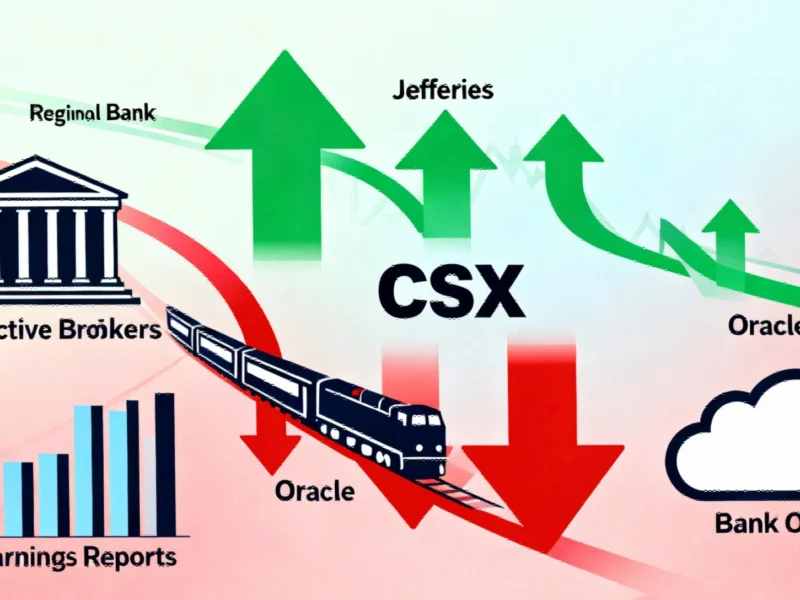Note: Featured image is for illustrative purposes only and does not represent any specific product, service, or entity mentioned in this article.
Major Proxy Adviser Opposes Musk Compensation
Institutional Shareholder Services has reportedly urged Tesla investors to reject CEO Elon Musk’s proposed $1 trillion compensation package, marking the second consecutive year the influential proxy adviser has opposed the executive’s pay plan. According to reports, ISS expressed concerns about the “astronomical” size of the grant and potential dilution for existing shareholders.
Governance Concerns Raised
The proxy adviser’s analysis suggests the compensation package “locks in extraordinarily high pay opportunities over the next ten years” and reduces the board’s flexibility to adjust future pay levels. Sources indicate that while the board aims to retain Musk due to his “track record and vision,” the structure could reportedly deliver substantial payouts even for partial achievement of performance targets.
Tesla responded strongly to the recommendation, stating that ISS “once again completely misses fundamental points of investing and governance.” The company reiterated its call for shareholders to approve all proposals, arguing in a social media post that “it’s easy for ISS to tell others how to vote when they have nothing on the line.”
Compensation Structure and Performance Targets
The proposed grant would vest only if Tesla reaches ambitious milestones, including market capitalization targets up to $8.5 trillion and operational goals such as delivery of 20 million vehicles, one million robotaxis, and $400 billion in adjusted core earnings. Analysts suggest the stock-based award could be valued between $87.8 billion and $104 billion, depending on the valuation method.
Unlike Musk’s 2018 compensation arrangement, the current proposal would allow the CEO to vote his shares, giving him approximately 13.5% of Tesla’s voting power. This stake alone could potentially secure approval for the package, according to securities filings reviewed last month.
Board Defense and Investor Considerations
Tesla director Kathleen Wilson-Thompson defended the compensation plan in a company video, stating that “many people come to Tesla to specifically work with Elon, so we recognize that retaining and incentivizing him will, in the long run, help us retain and recruit better talent.” The report states that Tesla shares rose after the compensation plan was unveiled, as some investors believe it would incentivize Musk to focus on the company’s strategy.
The ISS recommendation adds pressure on Tesla’s board ahead of the November 6 shareholder meeting and renews scrutiny of executive compensation following a Delaware court’s earlier voiding of Musk’s $56 billion pay package. The guidance from Institutional Shareholder Services was part of a broader set of voting recommendations issued Friday.
Broader Industry Context
The debate over Musk’s compensation occurs amid wider industry developments in executive pay structures and corporate governance. Meanwhile, related innovations in compensation models continue to evolve across sectors. The technology industry specifically has seen recent technology companies grappling with similar governance questions, while market trends in executive compensation remain under scrutiny.
As the shareholder vote approaches, the outcome will likely influence how corporate governance standards are applied to high-profile executive compensation packages across the industry. The coverage of this developing story follows standard journalistic practices for financial reporting and corporate governance matters.
This article aggregates information from publicly available sources. All trademarks and copyrights belong to their respective owners.



